Do you like seafood? Then you regularly eat plastic
Categories: Ecology | Food and Drinks | Health and Medicine
By Pictolic https://pictolic.com/article/do-you-like-seafood-then-you-regularly-eat-plastic1.htmlSeafood is traditionally considered very healthy. However, an experiment conducted in Belgium calls this into question. It turned out that seafood lovers swallow up to 11 thousand plastic particles every year. Part of the plastic settles in the body, causing health problems.
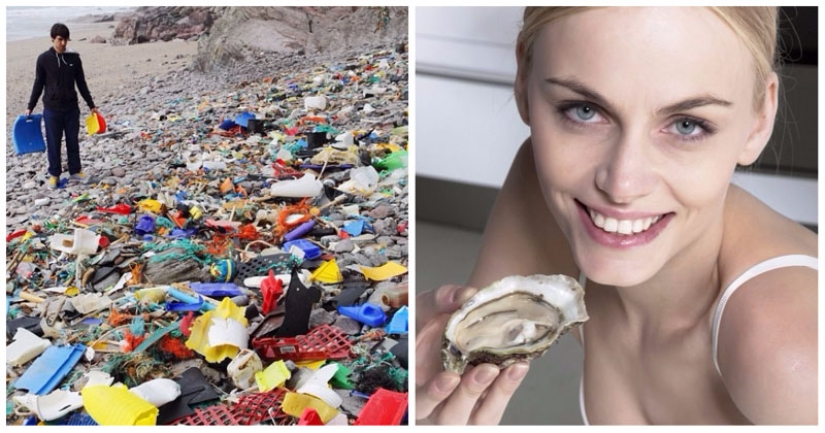
Scientists from Ghent University conducted studies that showed that an average portion of mussels contains approximately 90 tiny pieces of harmful material, and six oysters contain 50. Of course, the pollution of the world's oceans is to blame for everything.
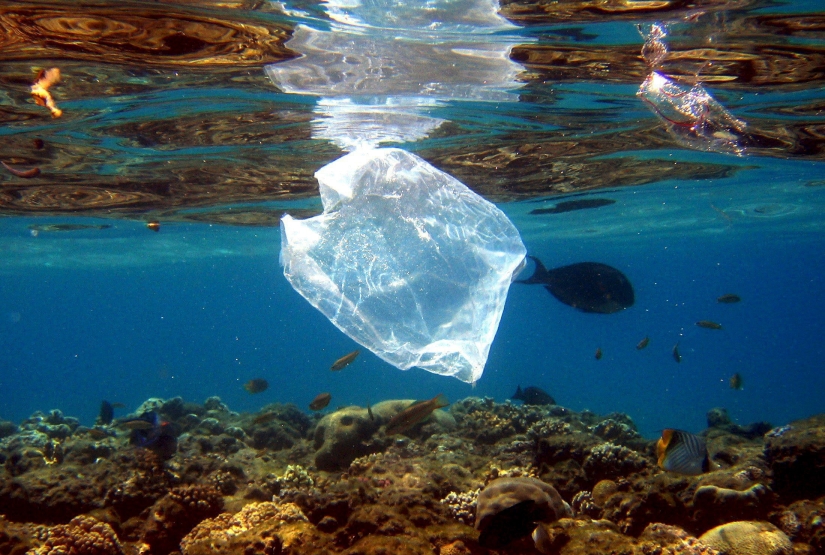
Plastic bags are the most common type of garbage in the ocean.
The problem is in a bad environmental situation — the world's oceans are very heavily polluted with plastic garbage. In some places, these wastes form so-called "islands". Together with the water, plastic particles enter the body of fish and other inhabitants of the seas. For example, mussels pass through themselves up to 20 liters of water per day, thereby obtaining not only food, but also waste. Plastic deposited in animals enters the human body. Experts have estimated that more than 99% of plastic is removed naturally, but some part is still absorbed by tissues and accumulates.
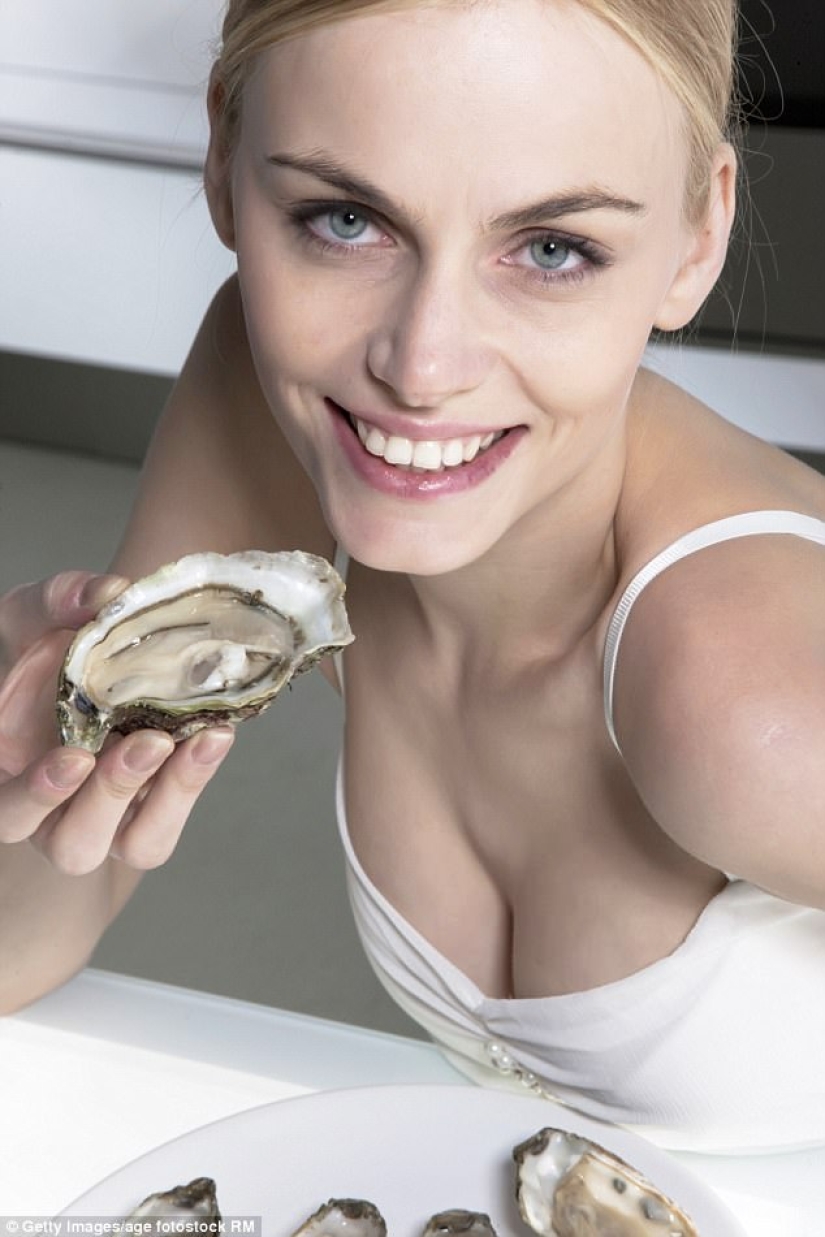
Scientists from Ghent and Exeter Universities are studying the impact of plastic waste on the inhabitants of the world's oceans, in particular oysters and mussels.
A thorough analysis has shown that almost all the inhabitants of the ocean are infected with the smallest plastic fragments today. The plastic, crushed by waves into the smallest dust, pierces into living tissues and gets stuck there forever. Thus, everyone who eats fish, shellfish or algae swallows these microscopic particles of plastic.
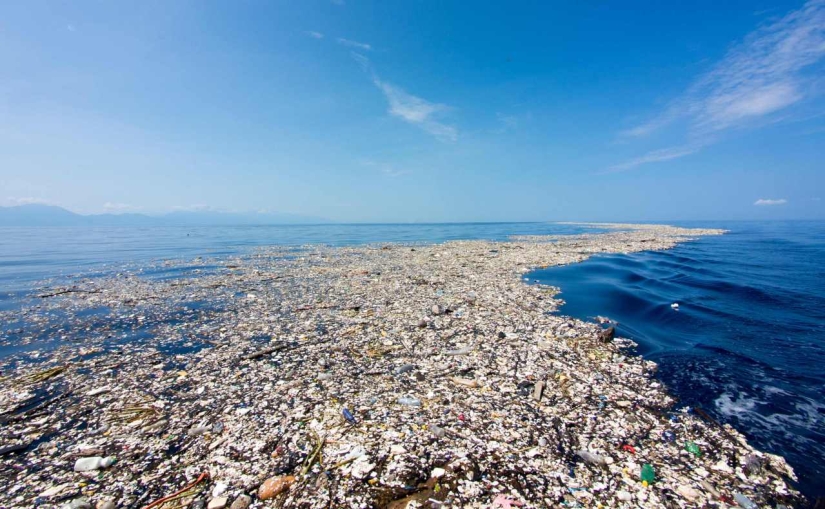
In the World Ocean, there is a whole Eastern garbage continent, or Pacific Trash Vortex —Pacific "garbage vortex"), - an accumulation of garbage of anthropogenic origin in the northern part of the Pacific Ocean.
After careful analysis, scientists have come to the conclusion that 99% of plastic ingested by humans along with seafood is safely removed from the digestive system. But 1% of this toxic garbage still manages to dig into the intestinal walls and begin its migration throughout the body.
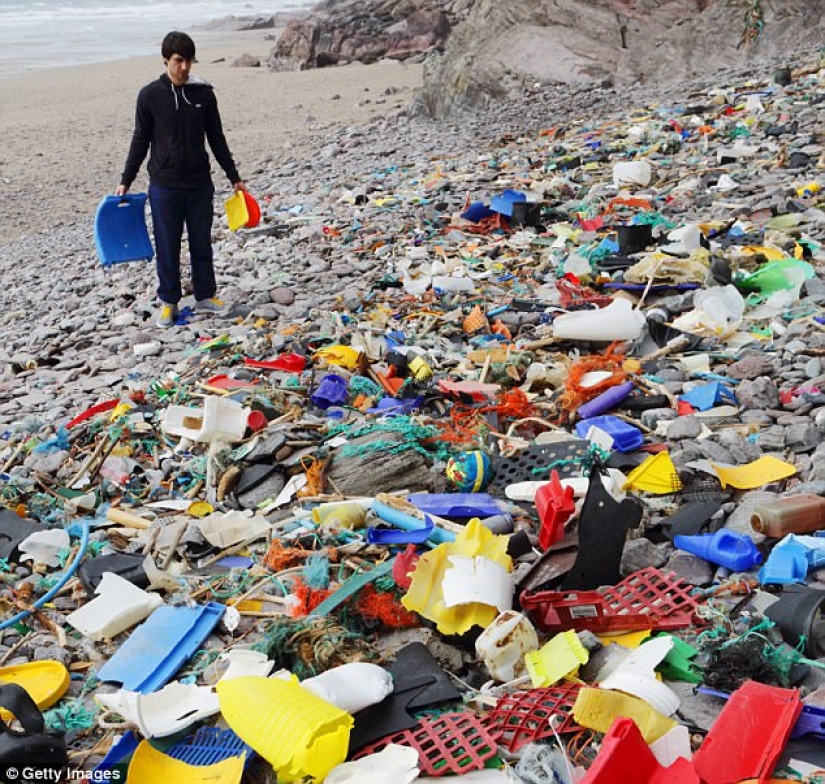
Today, one full truck of plastic garbage is dumped into the ocean waters around the clock every minute (!).
If the problem of pollution of the world's oceans worsens, then by the end of this century, every seafood lover (no matter elite or ordinary quality) will swallow 780 thousand plastic particles annually, and at least 4,000 of them will be stuck in his body forever.
Keywords: Seafood | Ocean | Plastic
Post News ArticleRecent articles

We present you a selection of amazing beaches — but today these are not standard holiday destinations, but really unusual places. ...

Aerial photographer cronista johnny Miller demonstrate dramatically the gap between rich and poor in cities of South Africa, Mexico ...
Related articles

We present you a selection of amazing beaches — but today these are not standard holiday destinations, but really unusual places. ...

The plastic minibus "Start" is not known to every motorist. Although many people have probably seen him in the movies. This unique ...

Photographer and diver Jason Washington lives and works in the Cayman Islands. This corner of the Caribbean is considered a real ...

On April 22, 1923, Bettie Page was born in Nashville, who became a sex symbol throughout the country in the middle of the century. ...